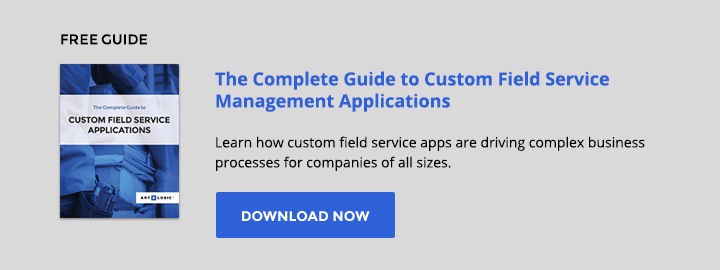Software development services are different from other products and services an organization might purchase.
In order to make the development process as effective as possible – and end up with software that helps you accomplish your business goals – it’s important to understand the journey you’re embarking on at the outset. Below we’ve assembled three crucial tips for getting the most out of custom business software development.
- Prepare for a long-term project.
To be clear, this doesn’t mean it’s going to take ages to create your app. But making a piece of software that is truly tailored to your business involves much more than initial coding and deployment.
When software runs a business, it’s part of a larger, dynamic context. As the market changes, as your business environment changes, the system will need to change. For meaningful, long-term success, you have to make a commitment to the software. In return, you’ll get software that evolves with – and even drives – the evolution of your business. -
Identify your current business processes.
Creating custom business software typically means that you’re developing new, software-driven processes and workflows. In order to streamline this procedure, you and your developer need to understand your starting point.
If you haven’t already, identify and model these workflows and processes. The more detail you can give a developer up front, the more effective the process will be. Know, too, that the way you do things is likely to evolve in ways you might not expect, as the development process uncovers unexpected challenges and opportunities. -
Find a developer you truly trust.
Any business relationship requires a certain degree of trust, but in custom software development, this trust must be deep and robust and at the heart of your partnership. When you start a project, you’re really beginning a long-term relationship that will likely shape your business over time.
Of course, many projects do have a fixed end. But the most successful ones end a lot later than one might have imagined at first, not because of stresses or problems but because a healthy relationship is open and responsive to change and new knowledge. Since learning happens over time, these more responsive projects will evolve over time. The kind of partnership that enables these journeys requires mutual respect and trust.
As you consider developers, search for partners with whom you can envision a long-term relationship – even if you anticipate your project being a short one. Understand your goals, your priorities, and your starting point… and allow for the possibility that the end point may look very different and be even more successful than you imagined. Accomplish this, and you’ll be able to make the custom business software development process work for you.




